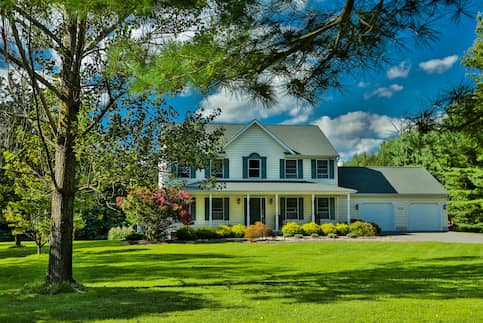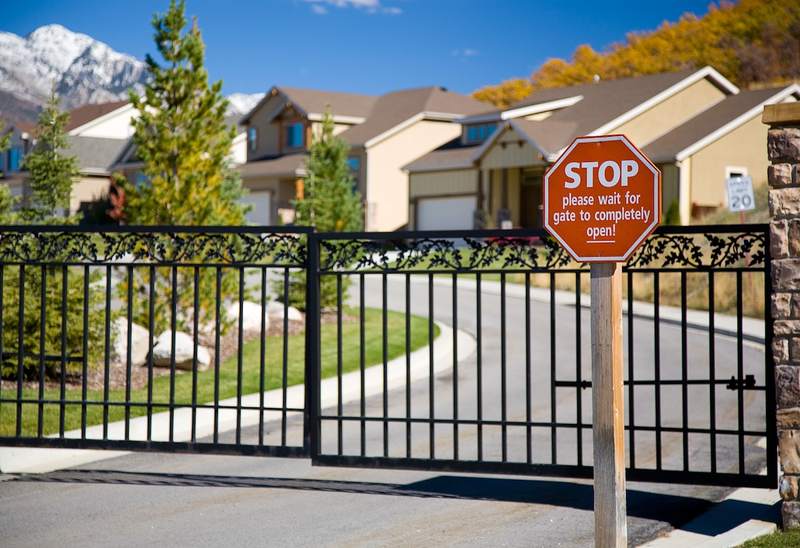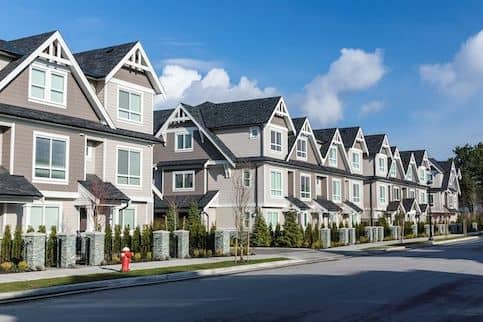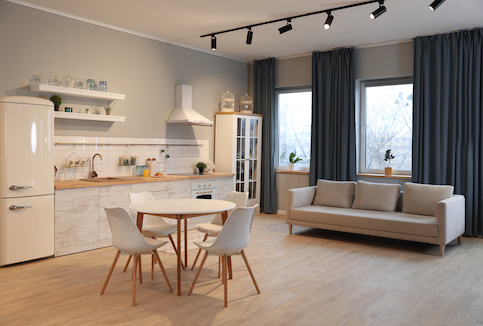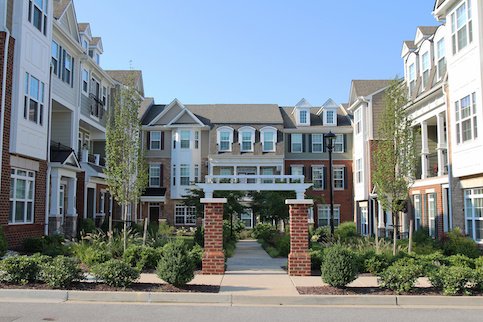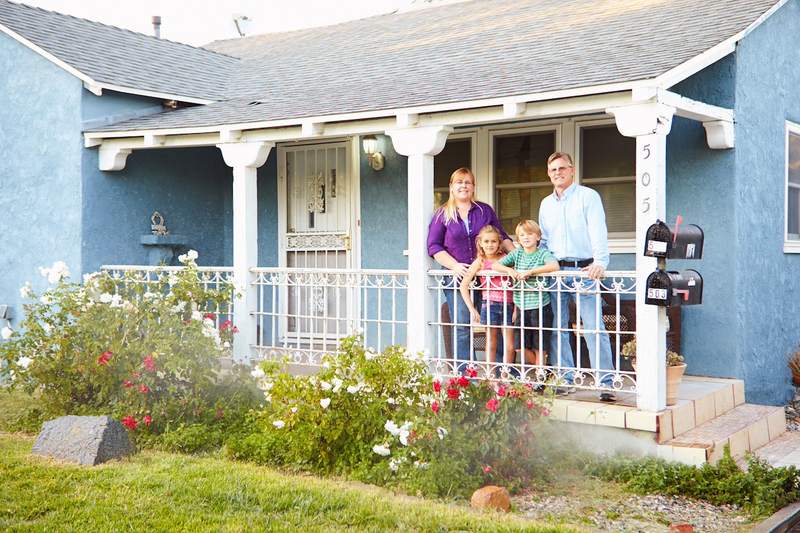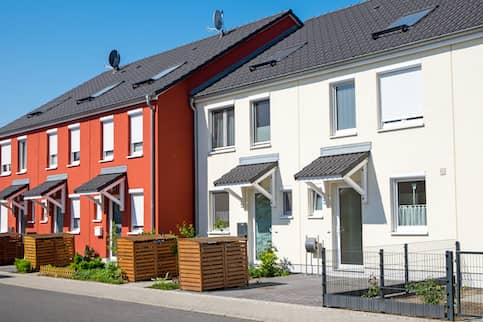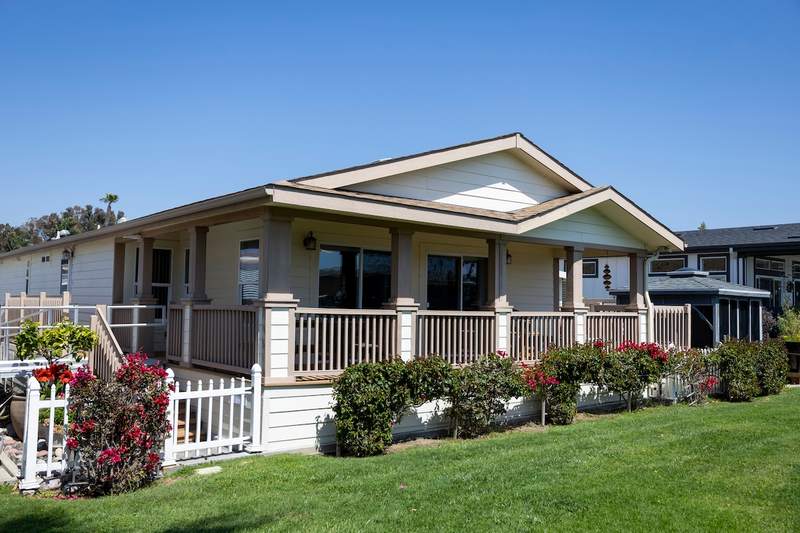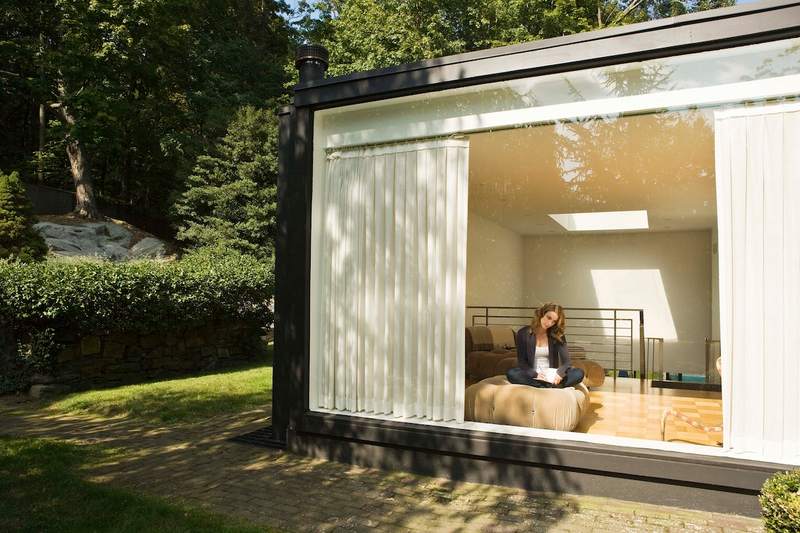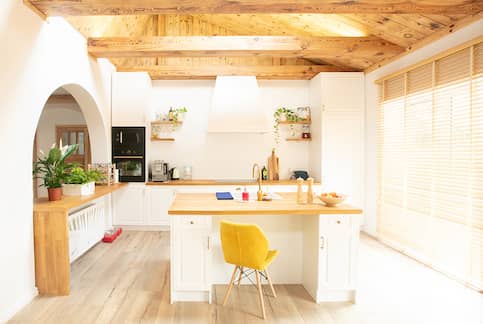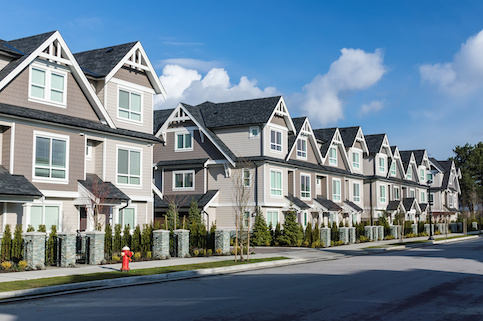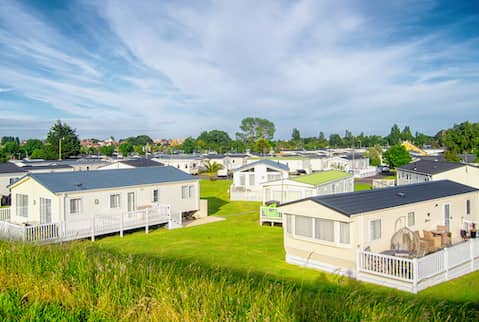Single-family homes are one of the most popular home types on the market. These homes offer buyers a place to live that isn’t attached to any other building or home and often comes with a yard and a driveway.
take a closer look at what a single-family home offers homeowners and find out whether this option is right for you.
Definition Of A Single-Family Home
A single-family home is a free-standing structure that’s not attached to any other buildings. Also called a single-family detached home, it’s typically owned by one person or family and typically has its own yard, driveway and garage. This is the more common, everyday definition of a single-family home.
However, mortgage lenders and government agencies use a legal definition of single-family home, which is: any home with four or fewer units.
But why the different definition? Well, with financing, the way your home is classified can make a big difference in the kind of mortgage you qualify for and how much money you can borrow.
See What You Qualify For
Buy A Home
Discover mortgage options that fit your unique financial needs.

Refinance
Refinance your mortgage to have more money for what matters.
Tap Into Equity
Use your home’s equity and unlock cash to achieve your goals.
Characteristics Of Single-Family Homes
Here are some other common characteristics of a detached single-family home:
- No shared property: These homes are self-contained residences without shared walls or spaces.
- No shared systems: A single-family house doesn’t share utility systems or heating and AC systems with other dwellings.
- Land: Single-family homes typically sit on their own land, which is also owned by the homeowner.
- One owner: Unlike a condo or a co-op, single-family homes are owned and maintained by the homeowner – though in some cases, you may have to operate within the restrictions of an HOA, or homeowners association.
- Single kitchen: Although some homes may have wet bars or kitchenettes, single-family homes only have one full kitchen, which by definition is a room with an oven and stove top.
Pros And Cons Of A Single-Family Home
These types of homes are great for those seeking the quintessential homeowner experience – from privacy to landscaping, the pros of a single-family home boil down to freedom. But that freedom can also come with certain responsibilities, which may not be ideal for some people.
If you’re thinking of purchasing a single-family home, below are some pros and cons to consider.
Pros Of A Single-Family Home
- You can have more space. These homes typically afford the most opportunity for spaciousness. Most single-family homes also have basements, attics or garages, and the ability to add garden sheds or other supplemental storage solutions.
- You can have more privacy. Detached single-family houses do away with noisy upstairs neighbors or the echoey sounds of nearby stairwells or elevators. And no shared walls mean you can crank up the music or host guests late into the night without disrupting other tenants.
- You own the property and land. Unlike with a condo or co-op, you own the land outside your home. Subject to local ordinances, you have much more control over landscaping and the exterior of your home.
- You have more upgrading options. Without a landlord or association controlling your space, your renovation and remodeling possibilities are greater than ever. Whether you want to expand your home in the future or convert a room, you can as long as you’re in line with local zoning laws.
Cons Of A Single-Family Home
- You’re responsible for everything. Being the owner of a single-family home means being responsible for all the home maintenance and upkeep costs.
- Single-family homes are more expensive. Perhaps the biggest obstacles to buying a home are the down payment and closing costs. Unlike with a rental residence, you’re purchasing real estate, which will make for a lengthier and costlier home buying process.
- Amenities may not be included. If you’ve grown accustomed to communal amenities, it’s unlikely you’ll have similar access with a single-family home. If you want immediate access to a pool, gym or other amenities, you’ll likely need to live elsewhere.
See what you can afford.
Quicken Loans® can help you find a lender.
Alternative Types Of Homes To Single-Family Homes
If you aren’t totally sold on buying a single-family home, it may help to look at other types of homes for purposes of comparison. For example:
- Condos: Most similar to a single-family home, condos differ because they’re still governed by an association that controls the building’s exterior – though you do have the freedom to renovate the interior of your condo. Shared amenities are also common in condo associations, and you’ll shirk responsibilities like lawn maintenance and snow removal.
- Townhouse: A townhouse has at least one shared wall, but each owner has their own respective unit. Like condos, townhomes that controls the exterior.
- Multifamily homes: A multifamily home has five or more units and typically doesn’t qualify for conventional loans. It’s important to keep in mind that you can get a single-family home with up to four units. So, you won’t need a loan for a multifamily unit if you want a duplex.
- Modular homes: A modular home is a prefabricated home built offsite and later assembled onsite on a permanent foundation. Modular homes are held to the same local codes and standards as single-family homes, but they’re typically smaller than a single-family home due to the nature of their production.
- Co-ops: A co-op is a type of housing owned by a corporation where people buy shares of the building, which affords them a living space. Co-op residents usually undergo a rigorous screening process, and since you don’t technically own any real estate, you’ll need board approval to make any changes.
- Apartments: Like condos, apartments typically feature similar units inside a building. Landlords lease the units to tenants and maintain many of the apartment’s systems and grounds. Tenants may also have amenities like pools, fitness centers and other common areas. Renters don’t build equity, though.
How To Buy A Single-Family Home
Since single-family homes err on the traditional side of homeownership, you’re likely to find an abundance of financing options. If you want to buy a home and are interested in a single-family house, we recommend working with a trusted real estate agent and shopping around for a good mortgage lender.
Home buyers – especially first-time home buyers – who want to better visualize their financing options may want to consider getting a mortgage preapproval, or initial approval. Preapproval can give you a better sense of how much you can borrow, which can help you avoid looking at homes outside of your budget.
FAQs About Single-Family Homes
Let’s find answers to some of the more common questions around single-family homes.
Who are single-family homes best for?
If you’re trying to decide on the type of home to buy, a single-family home may be a good fit if:
- You plan to stay in an area long-term
- You want to start a family
- You want the freedom to maintain and change your home as you see fit
- You’re ready to invest in some real estate
Are condos single-family homes?
No, single-family homes are when the homeowner owns both the building and the land it sits on. With condos, the homeowner only has ownership over their unit’s interior and, possibly, select areas of an outdoor space.
The Bottom Line
Single-family homes bring a lot to the table, including more privacy, space and ownership of the land and property. But with this homeownership comes the responsibility of home maintenance along with a price that includes the down payment and closing costs.
Find A Mortgage Today and Lock In Your Rate!
Get matched with a lender that will work for your financial situation.

Hanna Kielar
Hanna Kielar is a Staff Writer for Rocket Companies with a focus on personal finance, automotive and personal loans. She has a bachelor's degree in professional writing from Michigan State University.
